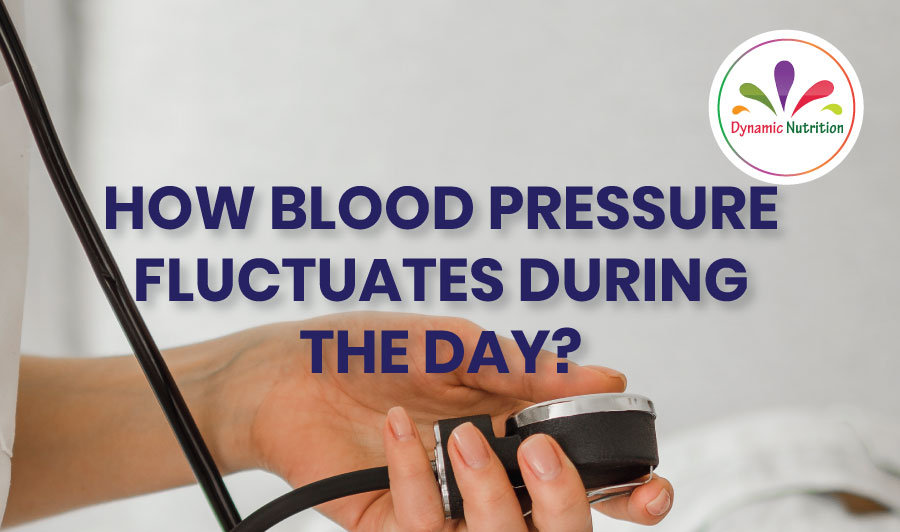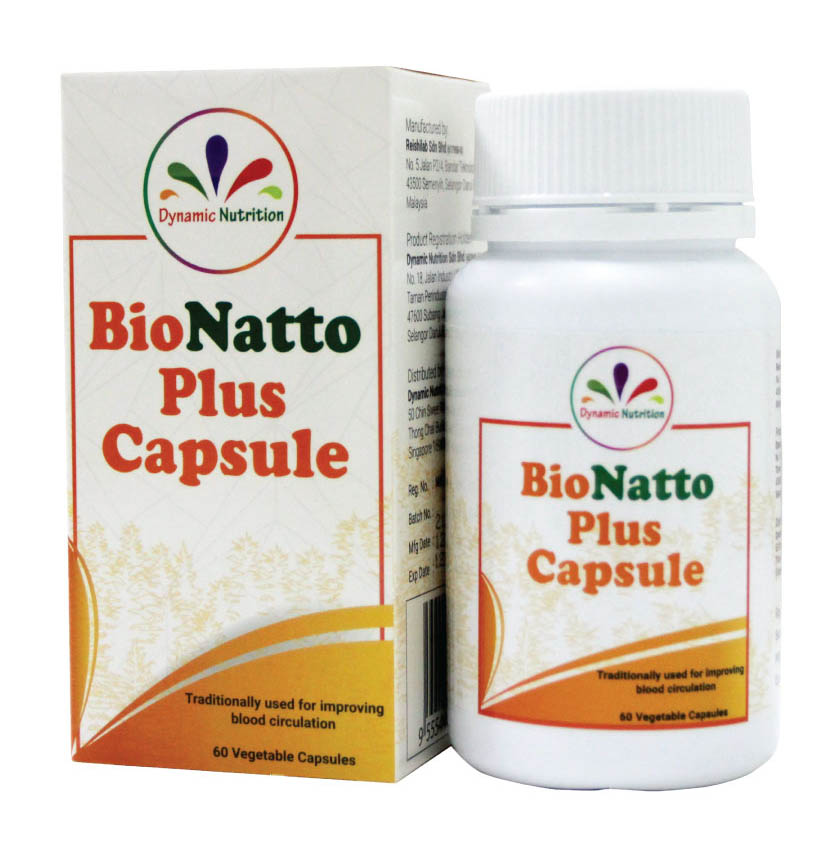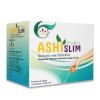 Blood pressure can vary within a day due to a variety of factors, including physical activity, stress, and circadian rhythms. Blood pressure tends to be highest in the morning and lowest at night, with fluctuations throughout the day.
Blood pressure can vary within a day due to a variety of factors, including physical activity, stress, and circadian rhythms. Blood pressure tends to be highest in the morning and lowest at night, with fluctuations throughout the day.
In general, blood pressure is lowest during periods of rest, such as when we sleep. During sleep, blood pressure drops by 10-20% compared to daytime levels. Upon awakening, blood pressure tends to increase gradually and reach its peak in the late morning or early afternoon. This pattern is influenced by the body’s natural circadian rhythms, which regulate the sleep-wake cycle and other physiological processes.
Monitoring blood pressure over time and taking readings at different times of the day can provide a more complete picture of an individual’s blood pressure patterns and help to identify any potential issues that need to be addressed. However, we should NOT measure blood pressure too often within a day.
Top 7 Factors Affecting Blood Pressure
1. Physical activity
Physical activity can cause temporary increases in blood pressure. Exercise, lifting heavy objects, and even walking up a flight of stairs can cause blood pressure to rise.
2. Stress and anxiety
Stress and anxiety can cause the body to release hormones that temporarily raise blood pressure. Chronic stress can also lead to long-term increases in blood pressure.
3. Medications
Certain medications, such as decongestants and nonsteroidal anti-inflammatory drugs (NSAIDs), can cause temporary increases in blood pressure.
4. Caffeine and alcohol
Consuming large amounts of caffeine or alcohol can cause temporary increases in blood pressure.
5. Smoking
Smoking can cause temporary increases in blood pressure, as well as long-term damage to the blood vessels, which can lead to chronic hypertension.
6. Sleep patterns
Blood pressure naturally drops during sleep, so disruptions to sleep patterns, such as sleep apnea, can lead to fluctuations in blood pressure.
7. Diet
A diet high in salt and saturated fats can lead to chronic hypertension, but even a single meal high in salt or fat can cause temporary increases in blood pressure.
Related Articles:
Why Blood Pressure Rises With Age Despite Adopting A Healthy Lifestyle?
Would A Salty Dish Result In Blood Pressure Spike?
The Best Time To Measure Blood Pressure And When Not To Do It
9 Top Tips For Managing High Blood Pressure
7 Symptoms Of High Blood Pressure
Side Effects Of Red Yeast Rice
Three Ways French Pine Bark Protects The Heart
Deep Vein Thrombosis Treatment With Nattokinase NSK-SD®
Are you at Risk of Deep Vein Thrombosis (DVT)?
New Guidelines Advise against Low-dose Aspirin to Prevent Strokes and Heart Attacks for Older Adults
How To Identify Signs Of Heart Attack
Top 5 Benefits Of Grape Seed Extract
The Risk Factors of High Blood Pressure and Simple Steps to Control it










Facebook Comments